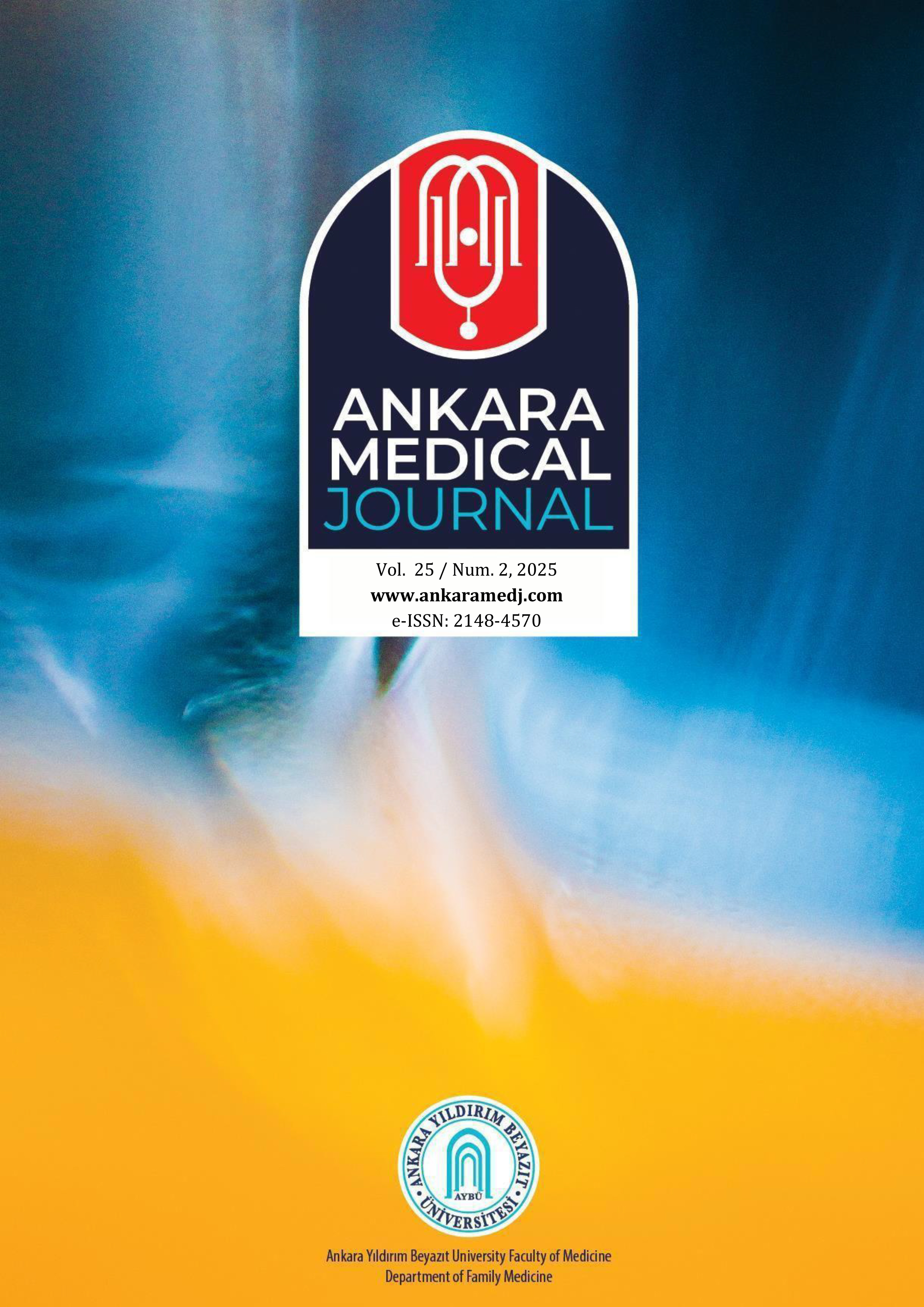Can ischemia modified albumin level be regarded as an indicative marker of ulcerative colitis and its activity?
Mustafa Cengiz1, Abdurrahman Sahin2, Oktay Sarı31Gulhane Training and Research Hospital Department of Gastroenterology2Tokat Gaziosmanpasa University Faculty of Medicine Department of Gastroenterology
3Gulhane Training and Research Hospital Department of Family Medicine
INTRODUCTION: We studied the effectivity of serum ischemia-modified albumin (IMA) levels in the diagnosis and clinical activity of patients suffering from Ulcerative Colitis (UC).
METHODS: Eighty-eight clinically and pathologically confirmed UC patients and 48 age- and sex-matched healthy volunteers were included in the study. The patients were classified according to the Rachmilewitz Score [Endoscopy activity index (EAI)], and those with a score below five were considered in the remission group, and those above five were considered as active disease group. The IMA levels were calculated by the colorimetric method.
RESULTS: When UC patients were compared to the control group, higher IMA levels were observed in the patients serum (0.48±0.25 g/L vs. 0.28±0.08 g/L), and the difference was statistically significant (p<0.001). Among UC patients, higher IMA levels were found in the active group (n: 36) compared to the remission group (n: 52) (0.72±0.20 g/L vs. 0.32±0.12 g/L, and p<0.001). Positive and statistically significant correlations between serum IMA levels and EAI scores (r: 0.81, p<0.001) were detected.
DISCUSSION AND CONCLUSION: Serum IMA level may be a suitable biomarker for the diagnosis and the clinical and endoscopic activity of UC disease. It may have diagnostic and prognostic features in UC disease.
Manuscript Language: English
(601 downloaded)





